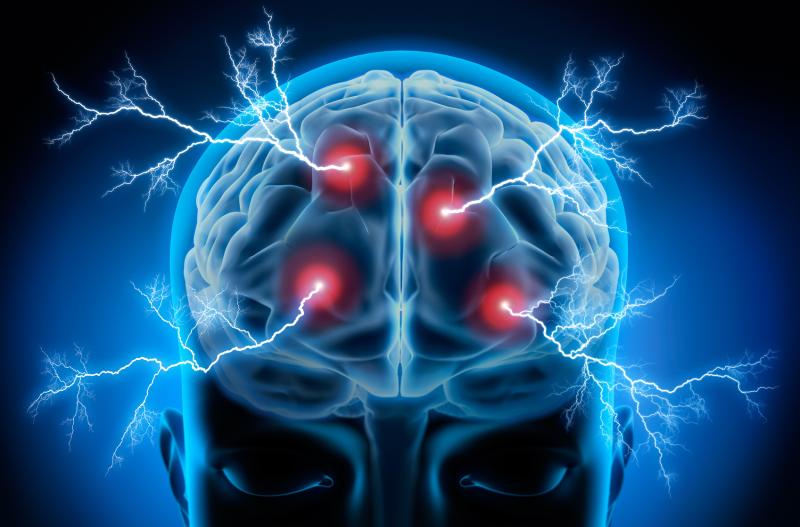 tDCS is not approved by the U.S. FDA, and scientists have differing views on its efficacy.
tDCS is not approved by the U.S. FDA, and scientists have differing views on its efficacy.Diurnal blood pressure (BP) loads appear to lower cognitive function in individuals with controlled hypertension (CHT), suggests a recent study.
Lower cognitive performances were observed on immediate and delayed recall and total number of words of the Rey Auditory Verbal Learning Test (p<0.001) in the analysis of covariance between normotensive and CHT participants.
In Spearman’s correlations between BP loads and cognitive performances, inverse association were found between diurnal systolic (SBP) loads and performances on the Trail Making Test (TMT) Part B (p=0.009), the TMT Part B–Part A (p=0.013), the Switching Cost of the color-word interference test (p=0.020) and the Digit-Symbol Substitution Score tests (p=0.018) in CHT.
Diurnal diastolic loads were inversely associated with the TMT Part B (p=0.014) and TMT Part B–Part A (p=0.006). In addition, diurnal SBP loads in normotensive individuals correlated with the delayed recall of the Rey Auditory Verbal Learning Test (p=0.031) and the three components of the digit span (p<0.05).
“These results suggest a lowering of target levels of diurnal BPs and/or its variability,” the authors said.
Individuals aged between 60 and 75 years were divided into normotensive participants who did not receive antihypertensive therapy (n=49) and CHT patients (n=28). They were assessed for BP using ambulatory BP monitoring and for cognitive functions using tests evaluating cognitive flexibility, working and episodic memory, and processing speed.
“Hypertension in midlife adults is associated with cognitive decline later in life,” the authors said. “In individuals treated for hypertension, BP loads have been associated with end organ damages.”